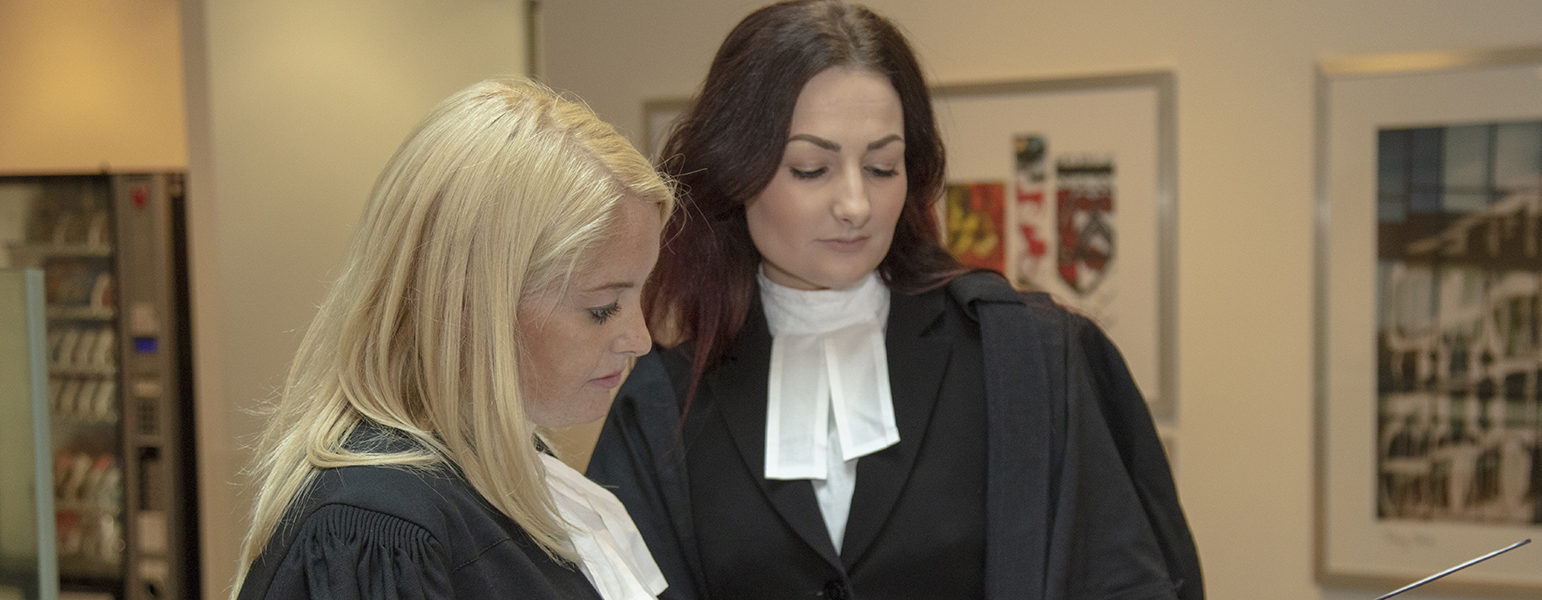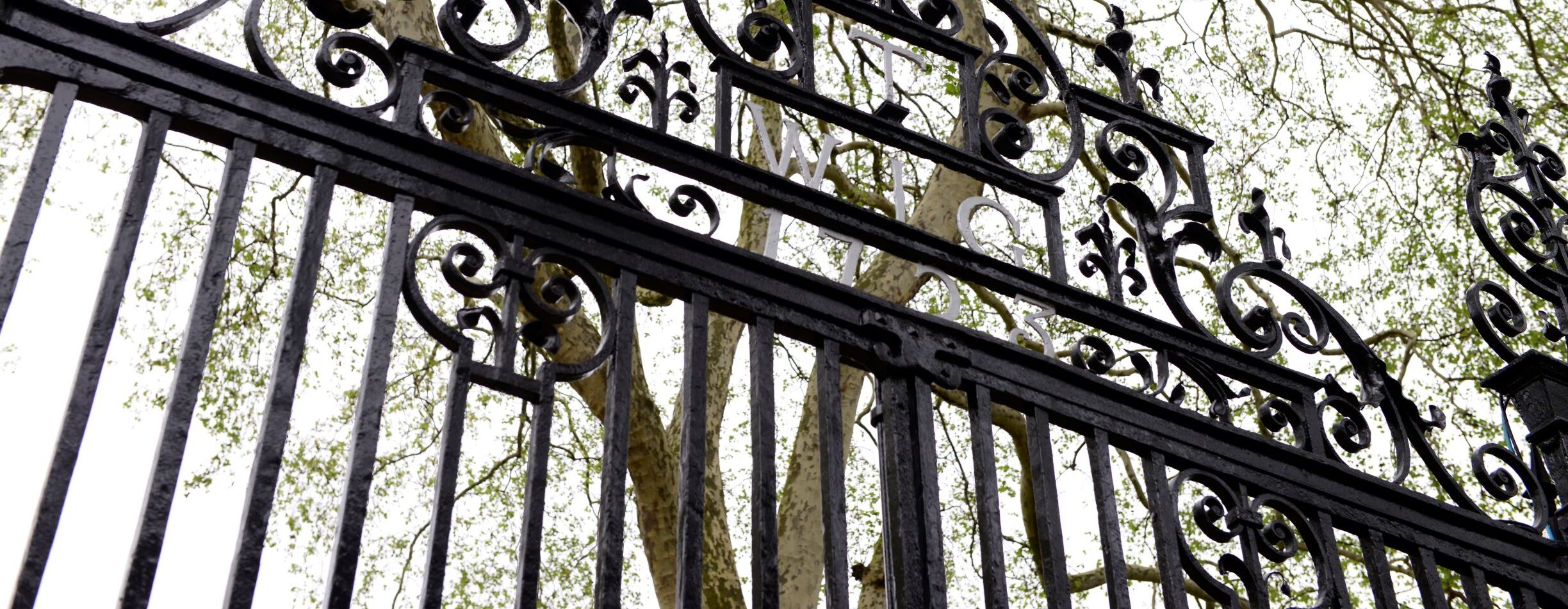Expert Evidence
Guidance on the Preparation, Admission and Examination of Expert Evidence
The importance of expert evidence and the crucial role of advocates in promoting its reliability through high standards of case preparation has long been recognised.
Now in its third edition, the updated Guidance is intended to be generic, practical and relevant to advocates working in any court or tribunal in England and Wales. It is an introduction to, and/or handy refresher of, the principles that underlie the use of expert evidence.
Statistics and Probability for Advocates
As more and more fields of expertise are using data; the ICCA has published a guidebook covering the use and interpretation of statistical evidence in court and tribunals. This 74-page guide has been created in partnership with the Royal Statistical Society (RSS). The Society’s work on Statistics and the Law provided a very fitting frame for collaboration.
Statistical evidence and probabilistic reasoning form part of expert witnesses’ testimony in an increasingly wide range of litigation. The guide aims to identify the main traps and pitfalls that advocates are likely to meet when handling expert evidence.
Although the booklet does not claim to hold all the answers, it is hoped that it will encourage advocates to investigate further opportunities for professional development in the understanding, interpretation and presentation of statistical and probabilistic evidence. It should also help practitioners to consult more effectively with appropriate expert witnesses in the preparation of their cases, and know how to effectively deploy and challenge expert evidence and opinion.
These knowledge and skills are necessary to avoid miscarriages of justice, which may have occurred in the past due to the inappropriate use and understanding of, statistics and probability by judges, expert witnesses and advocates.
2020 Experts webinar
With an impressive line-up, there were presentations from Richard Indge of EY who talked of his experience as an expert, Lady Justice Andrews shared the perspective of a judge on the use of experts, and Professor Jane Hutton covered statistics on infections and deaths from Covid-19 and the difficulties and implications in collecting and interpreting statistics and expert opinions.
Talks were followed a panel discussion, chaired by Paul Stanley KC, when questions were put to our speakers.


